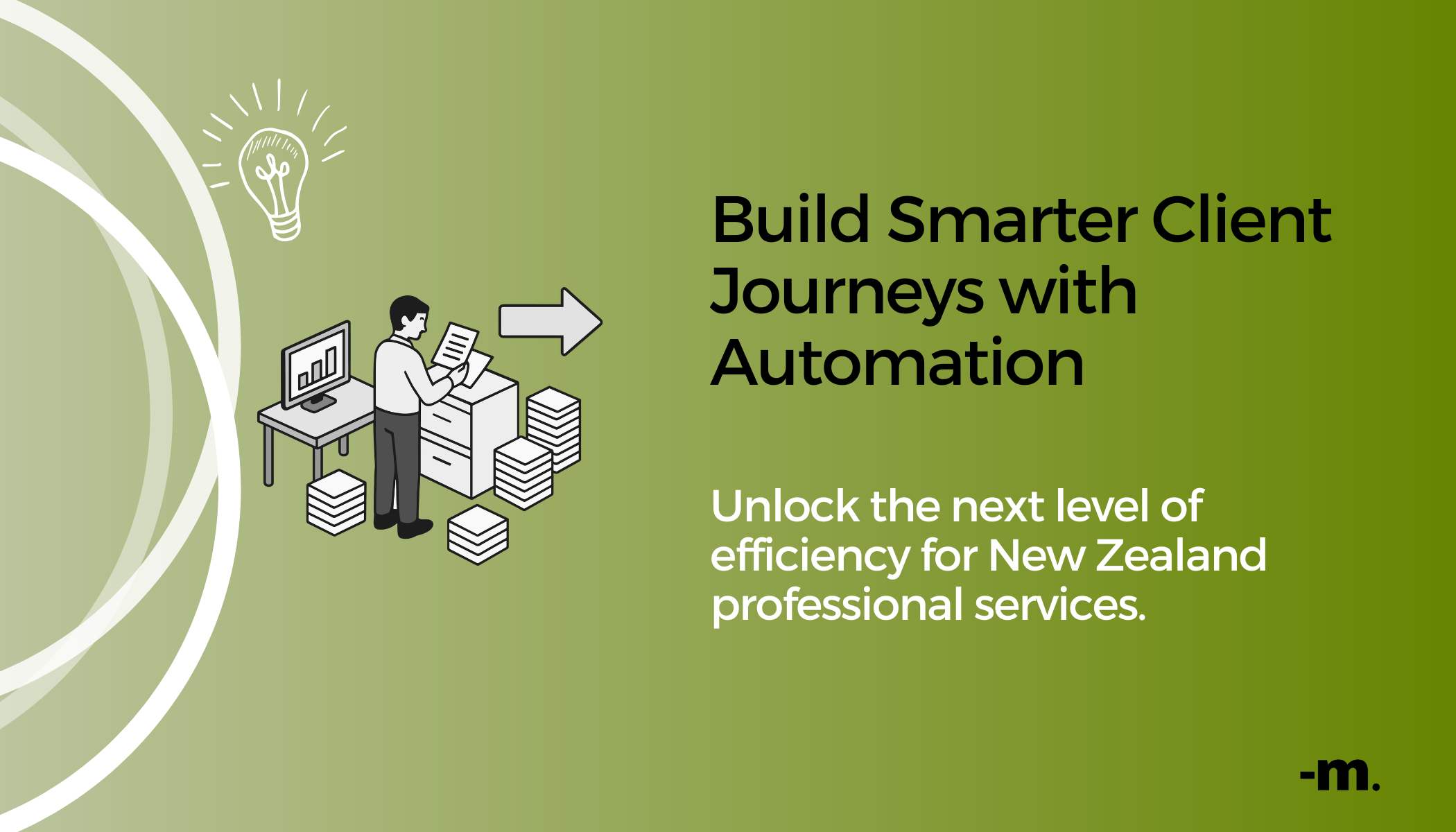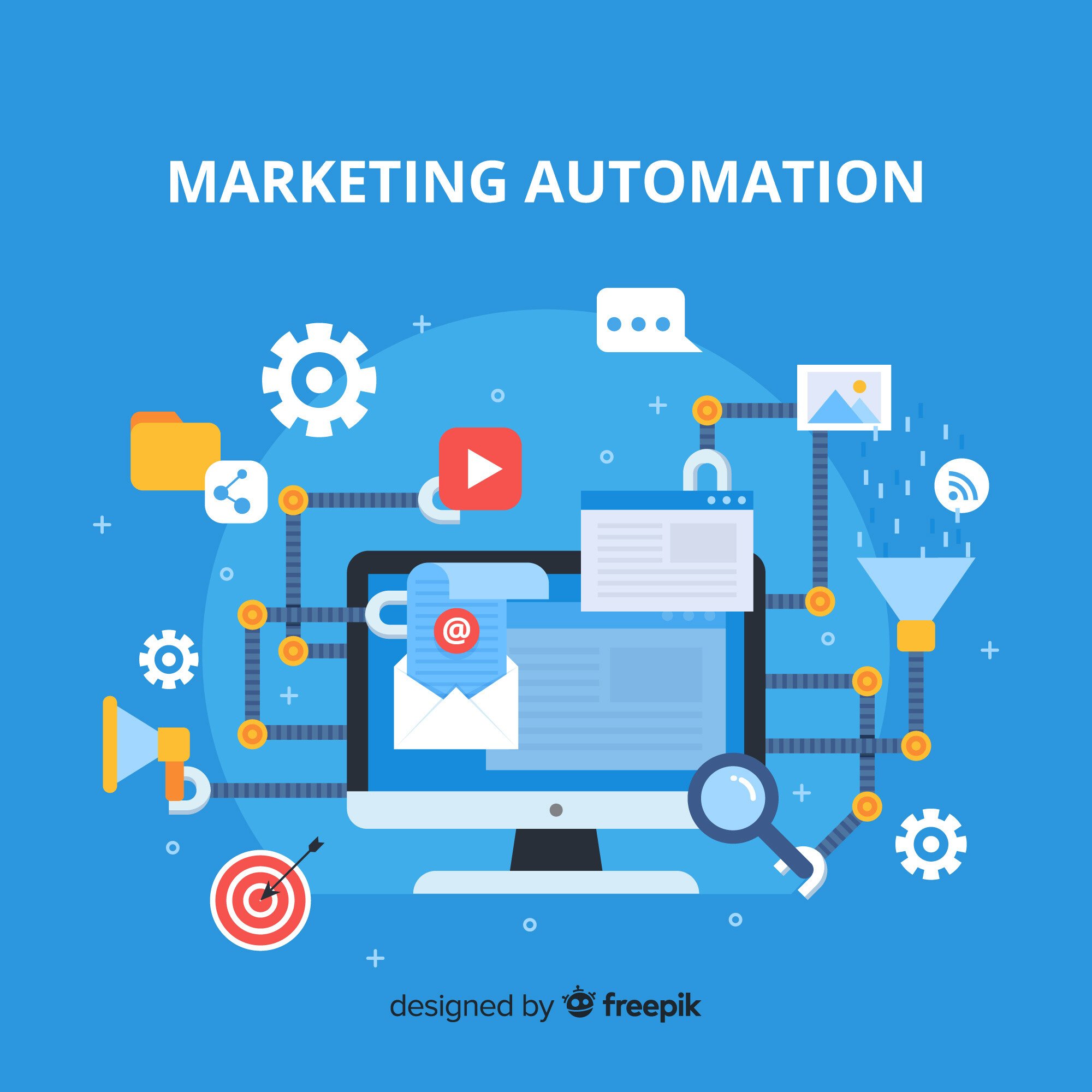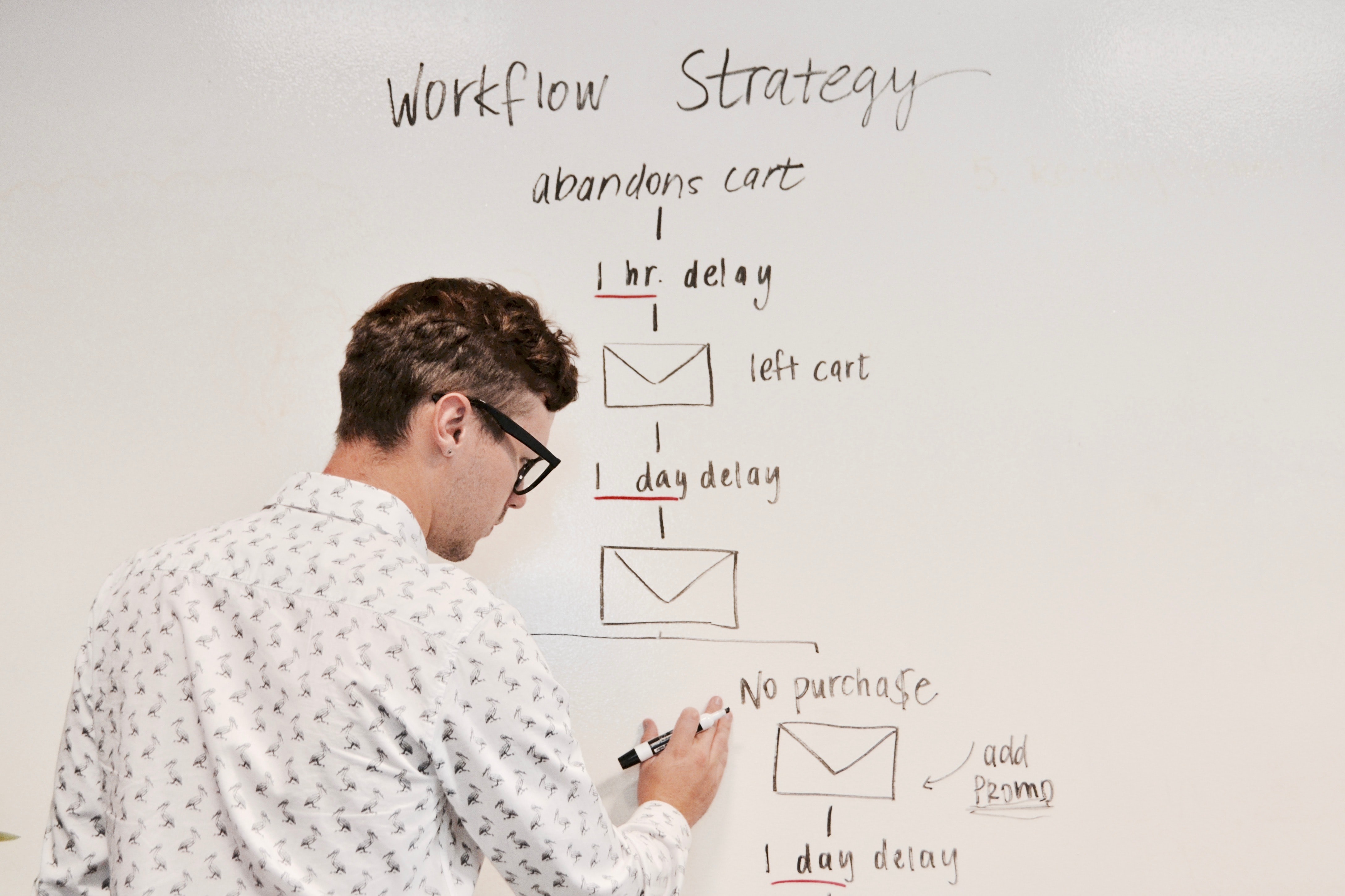Modern Marketing Automation for New Zealand Professional Services
A comprehensive guide to unlocking HubSpot CRM, triggers, and client journey mapping.
2 min read
Markezing Team : Apr 24, 2023 10:00:00 AM
.png)
Workflow automation is an essential aspect of any successful marketing strategy. By automating repetitive tasks, you can save time and focus on more strategic initiatives.
For example, you will always find it time consuming to manually send out emails to your potential customers, but with the workflow automation you can easily define what time to send out what information to your target list.
How to implement workflow automation that suit your marketing strategy?
Before you start implementing workflow automation, it's important to define your goals and objectives. What are you trying to achieve? Are you looking to increase leads, improve conversions, or reduce churn? Once you have a clear understanding of your goals and objectives, you can start designing workflows that support them.
Once you have defined your goals and objectives, you need to map out your workflow. This involves identifying the steps involved in each process and defining the triggers that will initiate each step.
For example, if you want to automate your lead nurturing process, you may define the triggers as follows:
Once you identified the trigger, you can then plan out the workflows accordingly. For a lead who downloaded a white paper, you can send out email newsletters about the latest trend, tips and case studies the lead is interested in.
After you have mapped out your workflow, it's time to choose the right tools to help you automate it. There are many marketing automation tools available, such as HubSpot, Marketo, and Pardot. Choose the tool that best suits your needs and budget.
With your tools in place, you can now create your workflows. Here are some examples of workflows that you can use:
• Lead Nurturing Workflow:
A lead nurturing workflow is designed to provide leads with valuable information that helps them move through the sales funnel. This workflow typically consists of a series of automated emails that are triggered by specific actions or events, such as a lead downloading a whitepaper or attending a webinar.
• Customer Onboarding Workflow:
A customer onboarding workflow is designed to help new customers get started with your product or service. This workflow typically consists of a series of automated emails that provide guidance and support to the customer as they learn how to use your product or service.
Once you have created your workflows, test and refine them. This involves testing your automated emails to ensure that they are functioning as intended. You may also need to refine your workflows based on the results of your testing.
Finally, monitor and optimize your workflows on an ongoing basis. This involves analyzing the data generated by your workflows and making adjustments as needed to improve their effectiveness. For example, you may need to change the frequency or content of your emails based on how leads or customers are responding.
By defining your goals and objectives, mapping out your workflows, choosing the right tools, and creating and optimizing your workflows, you can save time and resources while delivering the right message to the right people at the right time.

A comprehensive guide to unlocking HubSpot CRM, triggers, and client journey mapping.

Unlock the power of marketing automation with eDMs, the key element to transforming your marketing strategy.

HubSpot is a powerful CRM tool that can help businesses streamline internal processes and automate client-facing workflows. In this article, we will...